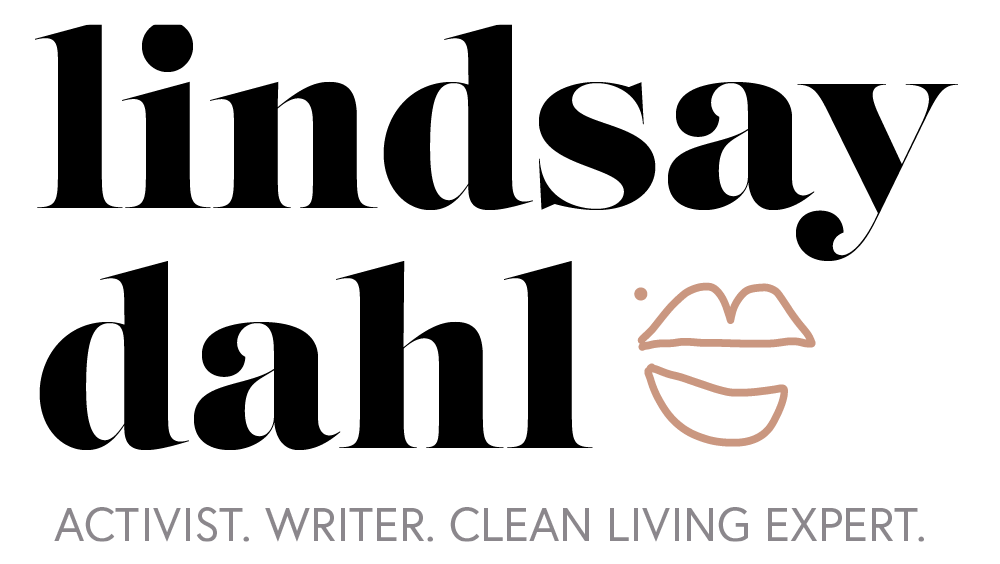One of my favorite parts of the weekend is sitting down on Sunday to open up the New York Times. I particularly love their opinion section, which is full of rich and thought-provoking columns. This Sunday did not disappoint.
The cover of this week’s Sunday Review section had an image of fishnet stocking covered legs, high heels and red painted nails next to a piece titled “What Makes a Woman“? The author Elinor Burkett, a well known author, film producer and journalist, tackled the intersection of transgendered rights and feminism.
Burkett simply missed the mark and comes across as transphobic, exclusionary and highlights an outdated definition of feminism and femininity. Put in simple terms, Burkett seems oddly threatened by the public’s acceptance of a public figure like Caitlyn Jenner.
Burkett argues that the same things that make Caitlyn feel feminine (a cleavage shot and red lips) are exactly the kind of imagery feminists have tried to move away from. That’s just it – shouldn’t it be up to us to decide what our femininity is? If Caitlyn feels sexy, whole, complete and happy with high heels and red finger nails, good for her. If I feel sexy with short hair and combat boots, good for me.
Burkett states,
People who haven’t lived their whole lives as women, whether Ms. Jenner or Mr. Summers, shouldn’t get to define us.
Umm, who said they are? She goes on to say,
Their truth is not my truth. Their female identities are not my female identity.
This implies that Burkett’s female identity is the only one that matters. Is her female and feminism as a white woman, the same as an African American or Mexican American woman’s feminism? Certainly not. Burkett’s arguments come from an out dated (and white) definition of feminism.
The way I look at this is pretty simple. If someone identifies as a different sex than the one in which they were born, I will accept them as the sex in which they identify. Men and women – regardless of how they were born – should have equal rights, wages and standing in society. Lastly, it is up to all of us to express our femininity and masculinity in our own way.
Take a moment to read Burkett’s article — I’d love to hear your thoughts in the comments section below.
Join my mailing list and never miss a post.




I think she makes some very valid points, although honestly I have a hard time figuring out how I feel about all this. Did you see the John Stewart clip about Jenner? https://thedailyshow.cc.com/videos/oekklq/brave-new-girl
The John Stewart clip was right on, @Besty!
@Lindsay – I think this is tapping into a deeper argument. Some folks think you cannot be a feminist and a homemaker. In a way, it is the same thing. True feminism should let women decide who they feel most comfortable being.
So true, feminism is about choice. I CHOOSE to be a housewife and wear mostly dresses and skirts. It’s what makes me happy. I don’t want anyone else to be force to live like me if they don’t want to but I also don’t want to have to wear yoga pants and have an office job.
I know it has been some time since you wrote this. I find it interesting to look back on it now that the dust has settled a bit on Caitlyn Jenner. I agree with you that several of Ms. Burkett’s viewpoints seem to echo “Old-fashioned” feminism, she comes from a generation where the fight was more fresh and brutal that it is for my daughters. Yet, this week in particular, with the Brock Turner sentencing, we see that we, as women, still have a long way to go before we are truly valued as equal. The most important thing we can do – I believe, it keep talking about it.
Well said :)
Deleted the comment I previously posted with scientific facts and an objective perspective on the delusion of transgenderism? Nice.
I chose not to publish your comment because it was disrespectful to people who identify as transgender and I don’t allow that kind of content on my website.